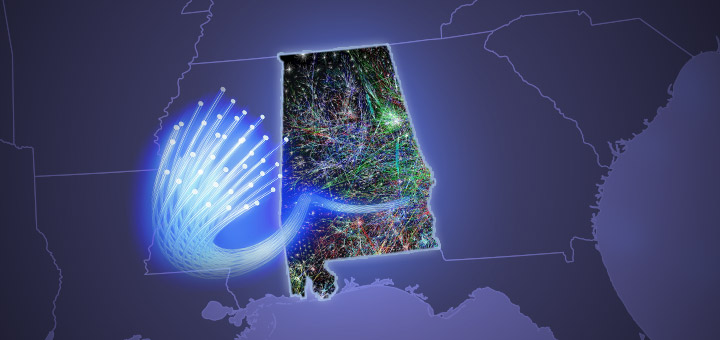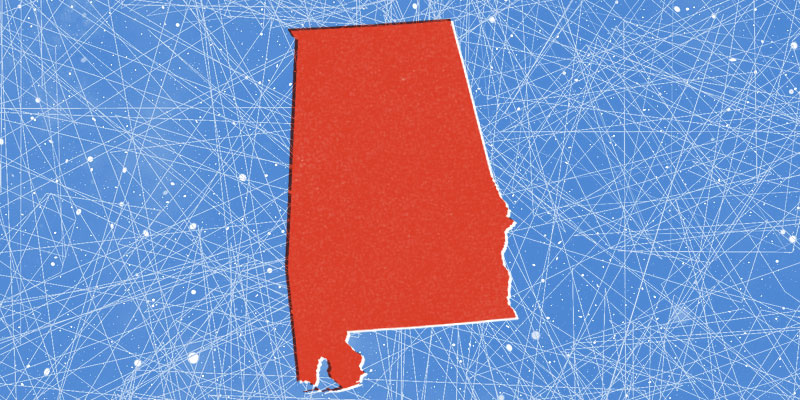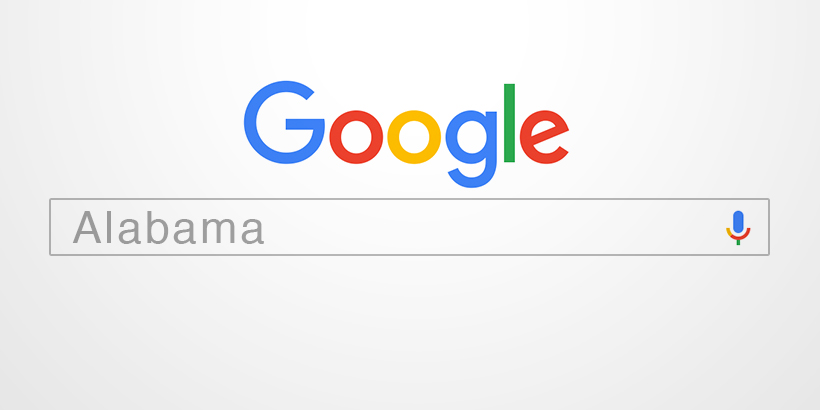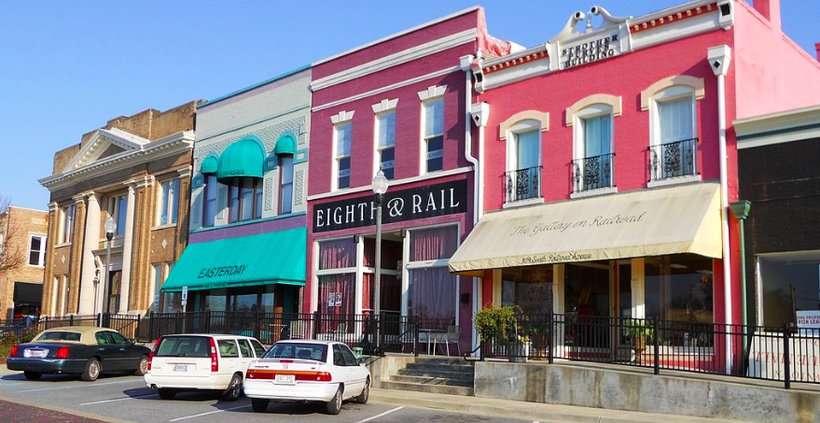
By: Senator Clay Scofield (R) and Senator Rodger Smitherman (D)
Given the importance of broadband in today’s world, elected officials routinely consider the best way to enhance high-speed internet access. As we have written in the past, we think the best way to achieve this key goal is to work with private sector Internet Service Providers (ISPs), not against them.
A recent report and survey issued by the Taxpayers Protection Alliance (TPA), a nonprofit, nonpartisan government watchdog group, outlines the drawbacks of government networks and also makes it clear voters see very little need for them.
Let’s take a look at the poll first. When it asked 800 voters nationwide, the TPA found guaranteeing access to high-speed internet ranked dead last in terms of the issues voters want elected officials to prioritize. Public safety, public education, addressing crime and drug abuse and fixing crumbling roads and bridges all ranked higher. And, only 26 percent of those surveyed said they’d call access to the internet a “serious” issue facing government leaders.
Additionally, voters don’t see government networks as an economic cure all. Only 11 percent thought the government would do a better job of providing internet than the private sector, and just 23 percent said they’d want their local government to take on debt in order to provide internet directly to consumers.
These results make sense given municipal broadband networks are incredibly expensive to build, maintain and operate. In a report accompanying TPA’s poll, the organization outlined $2 billion in government internet failures. From Memphis, Tenn. to Provo, Utah, cities have suffered millions in taxpayer losses when they’ve failed to sell fast, reliable internet service directly to consumers.
Last year, officials in one of the most connected and tech savvy cities in the nation, Seattle, Wash., rejected a government internet system because they worried the investment was too costly and too risky.
Auburn University’s T. Randolph Beard also opposes government ISPs. Dr. Beard has said, “History has shown the government’s direct provision of broadband networks often becomes a burden to those it was meant to serve. Like it or not, government-owned networks require subsidies paid for by taxpayers (or, when operated as part of a municipal electric system, captive ratepayers). These government networks have a very poor track record of success; many are eventually sold to private sector providers for pennies on the dollar.”
As the TPA survey showed, Americans understand there also are opportunity costs to government internet—that is, investing tax dollars in public broadband could put other priorities at risk. When our cities and state face increasing budget pressures and public safety, education and traditional infrastructure challenges, it’s not prudent to spend tax dollars on a service that can be and is provided by the private sector, with 131 broadband providers offering service in Alabama.
For the sake of local and state taxpayers and the overall health of our economy, we will continue to voice our concerns when it comes to government-owned broadband.











